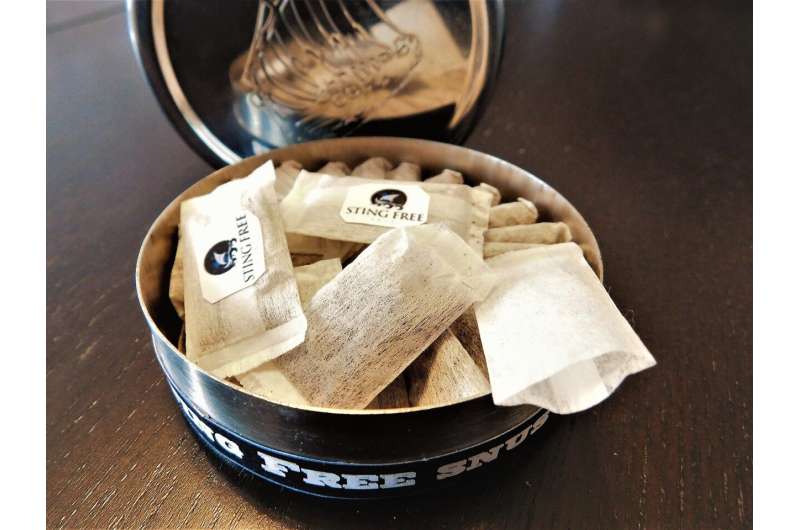Significant Rise in Nicotine Pouch Ingestions by Young Children Highlights Growing Safety Concerns

A recent study reports a dramatic 763% increase in nicotine pouch ingestions among young children, highlighting urgent safety concerns and the need for preventive measures.
A recent study has documented a startling rise in the number of young children ingesting nicotine pouches, a relatively new form of nicotine product. Conducted by researchers from the Center for Injury Research and Policy at Nationwide Children's Hospital and the Central Ohio Poison Center, the investigation analyzed calls made to U.S. poison centers from 2020 to 2023. The findings reveal an alarming 763% increase in reported cases of children under the age of 6 swallowing nicotine pouches during this period.
Nicotine pouches, which consist of nicotine powder designed to be placed in the mouth, were not tracked in national poison data until 2020. Since then, the ingestion rates among young children have surged, even as cases involving other nicotine formulations like gum, lozenges, e-liquids, and powders have declined. The data show these pouch ingestions are more likely to lead to serious medical outcomes or require hospital admissions compared to other nicotine products.
The study assessed nearly 135,000 cases of nicotine exposure in children under 6 reported to poison centers over 13 years. Most incidents occurred at home, predominantly involving children under 2 years old. While the majority experienced minor or no effects, there were 39 cases with severe outcomes and two fatalities. Overall, nicotine ingestion rates increased by 59% between 2010 and 2015, driven largely by liquid nicotine, which saw a 450% rise before decreasing by 45% after legislation mandated child-resistant packaging.
Dr. Hannah Hays, a co-author of the study and medical director at the Central Ohio Poison Center, emphasizes the importance of increased vigilance: "Nicotine pouches are a serious and growing hazard among young children. The rapid rise and severity of these ingestions underscore the need for ongoing surveillance and preventive measures."
The research also highlights the role of legislation—such as the Child Nicotine Poisoning Prevention Act of 2015—in reducing liquid nicotine ingestions. However, nicotine products, especially flavored and attractively packaged ones, still pose significant risks. To protect children, experts recommend storing nicotine products out of reach and sight in locked cabinets, avoiding using them in front of children, and keeping emergency contact information, like the Poison Help Line, readily accessible.
This study underscores the urgent need for enhanced safety measures and continuous monitoring to prevent young children from accidental nicotine ingestion, with special attention to newer forms like nicotine pouches.
Stay Updated with Mia's Feed
Get the latest health & wellness insights delivered straight to your inbox.
Related Articles
Research Reveals Sex-Based Pelvic Anatomy Differences Affecting Spinal Screw and Rod Placement in Surgery
A groundbreaking study from Mount Sinai reveals how sex-based pelvic anatomical differences influence spinal screw placement and rod alignment, emphasizing the importance of personalized surgical planning for better outcomes.
Long-Term Impact of Childhood Obesity on Employment and Educational Outcomes Revealed by Swedish Study
Swedish research reveals that childhood obesity can lead to reduced employment and study opportunities in adulthood, with increased risks of sick leave and health issues. Early intervention is crucial to mitigate these long-term effects.
Addressing the Blind Spots in Women's Healthcare: A Call for Systemic Change
Highlighting systemic gaps in women's health research and treatment, experts call for inclusive policies and practices to improve health outcomes for all genders beyond reproductive issues.
Calling for Cultural Shift to Reduce Burnout in Pharmacy Education
A recent study highlights the urgent need for cultural change in pharmacy education to address faculty burnout and improve workplace support, emphasizing tailored strategies and ongoing interventions.



